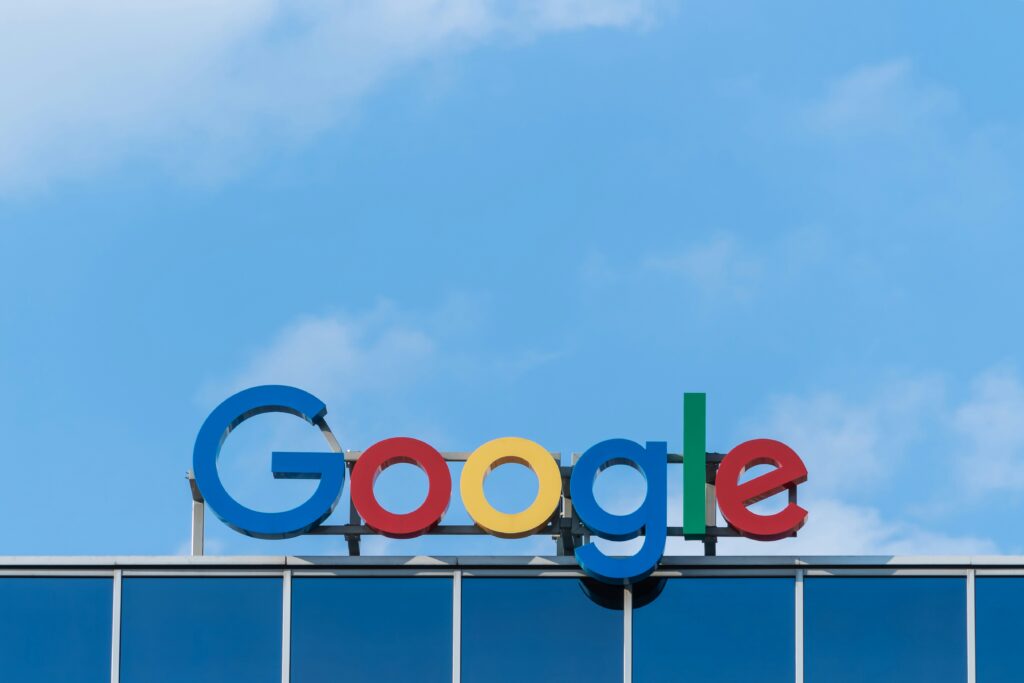The European Union has once again demonstrated its tough stance on big tech by issuing a massive fine against Google. The latest ruling, where the EU fines Google over antitrust violations, underscores growing concerns about the dominance of U.S. tech giants in Europe’s digital marketplace. This decision is not just about Google—it reflects a broader global push to regulate powerful technology companies and ensure fair competition.
Why the EU Targeted Google
Google has long been a target of EU regulators due to its overwhelming market share in online search, advertising, and mobile ecosystems. According to the European Commission, Google engaged in anti-competitive practices that stifled rivals and gave unfair advantages to its own services. By leveraging its dominance in search and digital advertising, Google allegedly created a marketplace where smaller competitors had little chance to thrive.
The EU fines Google over antitrust violations to address three key issues:
- Search Engine Practices: Google allegedly prioritized its own products and services over those of competitors in search results.
- Advertising Dominance: Google’s control of digital advertising tools made it difficult for competitors to access critical markets.
- Mobile Ecosystem Restrictions: Through its Android operating system, Google was accused of forcing smartphone manufacturers to pre-install Google services, thereby excluding rivals.
This combination of practices, regulators argue, created a situation where Google not only dominated but actively prevented meaningful competition in the digital space.
The Scale of the Fine
While fines against Google are not new, this case stands out due to its sheer scale and implications. Previous fines have run into billions of euros, but the latest penalty is designed to send a stronger message that the EU is serious about tackling Big Tech monopolies. The EU fines Google over antitrust violations not only as a punishment but also as a deterrent for future misconduct.
Critics argue that while fines may sting, they do little to fundamentally change Google’s behavior. However, regulators believe that repeated financial penalties, combined with new EU laws like the Digital Markets Act (DMA), will eventually force systemic change.
Impact on Google’s Global Strategy
The repercussions of this fine extend far beyond Europe. Google is a global company, and its strategies in one region often influence its operations worldwide. With the EU fining Google over antitrust violations, the company may need to adjust how it structures its search algorithms, advertising tools, and mobile services not only in Europe but in other markets to avoid similar regulatory crackdowns.
For instance, Google may be forced to:
- Provide more visibility to rival services in search results.
- Allow advertisers greater freedom in choosing platforms and tools.
- Reduce its grip on Android manufacturers by giving them flexibility to install rival apps and services.
Such changes could reshape the digital landscape, opening doors for smaller competitors while slightly reducing Google’s overwhelming dominance.
What It Means for Competitors
The decision provides a potential lifeline for smaller tech firms and startups that have long complained about unfair practices. Competitors in areas like e-commerce, travel booking, and digital advertising may find new opportunities to gain traction in the European market.
For example, search engines like DuckDuckGo or e-commerce platforms like Zalando could benefit if Google is forced to make its search results more neutral. Likewise, independent advertisers may have better access to digital ad tools without being tied to Google’s ecosystem.
A New Era of Digital Regulation
The EU fines Google over antitrust violations at a time when Europe is introducing sweeping new regulations. The Digital Markets Act (DMA) and Digital Services Act (DSA) are designed to curb the power of gatekeeper platforms, requiring them to act more transparently and fairly.
Under these rules, companies like Google, Apple, Meta, and Amazon face stricter obligations. For example, Google may need to open up its data to competitors, ensure transparency in how ads are priced, and stop self-preferencing its own products.
This case shows that the EU is willing to use both financial penalties and legislative tools to level the playing field. The United States, too, has begun taking steps against Big Tech, with lawsuits filed against Google by the Department of Justice. Together, these moves signal a global trend toward stricter regulation of digital giants.
The Broader Impact on Tech and Consumers
For consumers, the direct impact of the EU fines Google over antitrust violations may not be immediately visible. However, over time, users could benefit from:
- More choice in search engines and apps.
- Better privacy protections as companies compete on trust.
- Improved innovation as smaller firms get a fair shot at reaching audiences.
The long-term hope is that by reducing Google’s stranglehold on digital markets, consumers will enjoy a more diverse, competitive, and innovative tech ecosystem.

Google’s Response
Google has consistently denied wrongdoing and is expected to appeal the decision. The company argues that its practices benefit consumers by making services more accessible and affordable. It also points out that users can switch to rival services if they choose.
Nonetheless, this defense has not swayed European regulators, who argue that dominance in digital markets creates hidden barriers that make switching far harder than it seems.
Conclusion
The EU fines Google over antitrust violations in what could be a landmark case for digital competition. While Google may appeal, the ruling highlights a global trend: governments are no longer willing to let Big Tech operate unchecked. The fine reinforces Europe’s role as a leader in digital regulation and sets a precedent for other regions to follow.
For Google, the road ahead involves navigating stricter rules, rebuilding trust with regulators, and adapting its business model in ways that allow competition to flourish. For consumers and competitors, the fine offers hope for a more balanced and innovative digital landscape.



